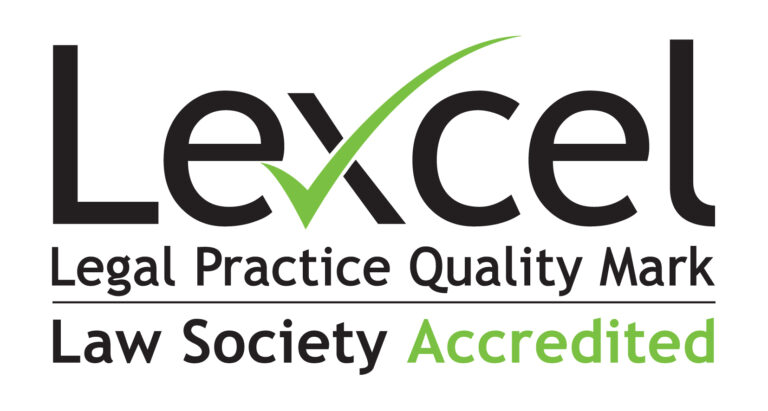Discovering that you have a child you were previously unaware of can be a life-altering experience. At Haris Law Solicitors, our team of experts is here to guide you through the intricate legal landscape surrounding parental responsibility, contact, and the factors considered by the court primarily under the Children Act 1989.
Parental responsibility encompasses a range of rights, duties, and authorities that a parent has in relation to their child and their property. While a mother automatically acquires parental responsibility by giving birth, the father can acquire it through various means outlined in the Children Act 1989. These include being married to the child’s mother, being named on the child’s birth certificate, obtaining the mother’s agreement, or applying to the court for parental responsibility.
If you were previously unaware of your status as the child’s father, it is likely that you do not have parental responsibility. However, there are options available to establish it. If the mother or the parent with parental responsibility agrees, a Parental Responsibility Agreement can be completed. In cases where agreement cannot be reached, applying to the court is an alternative. If the court grants parental responsibility, you will gain the legal rights and responsibilities associated with it, as stipulated by the Children Act 1989.
Even if you do not have parental responsibility, you still have the opportunity to have contact with your child. If the other parent disagrees with allowing you to spend time with the child, there are avenues to pursue. As a parent, you have the right to apply to the court for a Child Arrangements Order under the Children Act 1989. This order determines where the child lives, who they spend time with, and other contact arrangements.
When making such decisions, the court prioritises the child’s welfare (known as the “Welfare Principle”) taking into account their wishes, feelings, and overall well-being, as outlined by the Children Act 1989.
In situations where agreement on contact cannot be reached, mediation can be a valuable option. Mediation allows for constructive discussions facilitated by a neutral third party. It is generally necessary to attend a Mediation Information and Assessment Meeting (MIAM) before commencing court proceedings, in accordance with the Children Act 1989.
Should an agreement be reached through direct communication or mediation, a parenting plan can be developed. While this plan is not legally binding, it serves as a practical framework for both parents to structure their child arrangements.
At Haris Law Solicitors, our dedicated team specialises in matters concerning children and can provide you with tailored advice regarding your rights and options as a father, based on the Children Act 1989.
If you require guidance on this topic or any other issues related to divorce or family law, please do not hesitate to contact us. Reach out to our experienced team at Haris Law Solicitors for a free consultation.
Parental responsibility encompasses a range of rights, duties, and authorities that a parent has in relation to their child and their property. While a mother automatically acquires parental responsibility by giving birth, the father can acquire it through various means outlined in the Children Act 1989. These include being married to the child’s mother, being named on the child’s birth certificate, obtaining the mother’s agreement, or applying to the court for parental responsibility.
If you were previously unaware of your status as the child’s father, it is likely that you do not have parental responsibility. However, there are options available to establish it. If the mother or the parent with parental responsibility agrees, a Parental Responsibility Agreement can be completed. In cases where agreement cannot be reached, applying to the court is an alternative. If the court grants parental responsibility, you will gain the legal rights and responsibilities associated with it, as stipulated by the Children Act 1989.
Even if you do not have parental responsibility, you still have the opportunity to have contact with your child. If the other parent disagrees with allowing you to spend time with the child, there are avenues to pursue. As a parent, you have the right to apply to the court for a Child Arrangements Order under the Children Act 1989. This order determines where the child lives, who they spend time with, and other contact arrangements.
When making such decisions, the court prioritises the child’s welfare (known as the “Welfare Principle”) taking into account their wishes, feelings, and overall well-being, as outlined by the Children Act 1989.
In situations where agreement on contact cannot be reached, mediation can be a valuable option. Mediation allows for constructive discussions facilitated by a neutral third party. It is generally necessary to attend a Mediation Information and Assessment Meeting (MIAM) before commencing court proceedings, in accordance with the Children Act 1989.
Should an agreement be reached through direct communication or mediation, a parenting plan can be developed. While this plan is not legally binding, it serves as a practical framework for both parents to structure their child arrangements.
At Haris Law Solicitors, our dedicated team specialises in matters concerning children and can provide you with tailored advice regarding your rights and options as a father, based on the Children Act 1989.
If you require guidance on this topic or any other issues related to divorce or family law, please do not hesitate to contact us. Reach out to our experienced team at Haris Law Solicitors for a free consultation.





